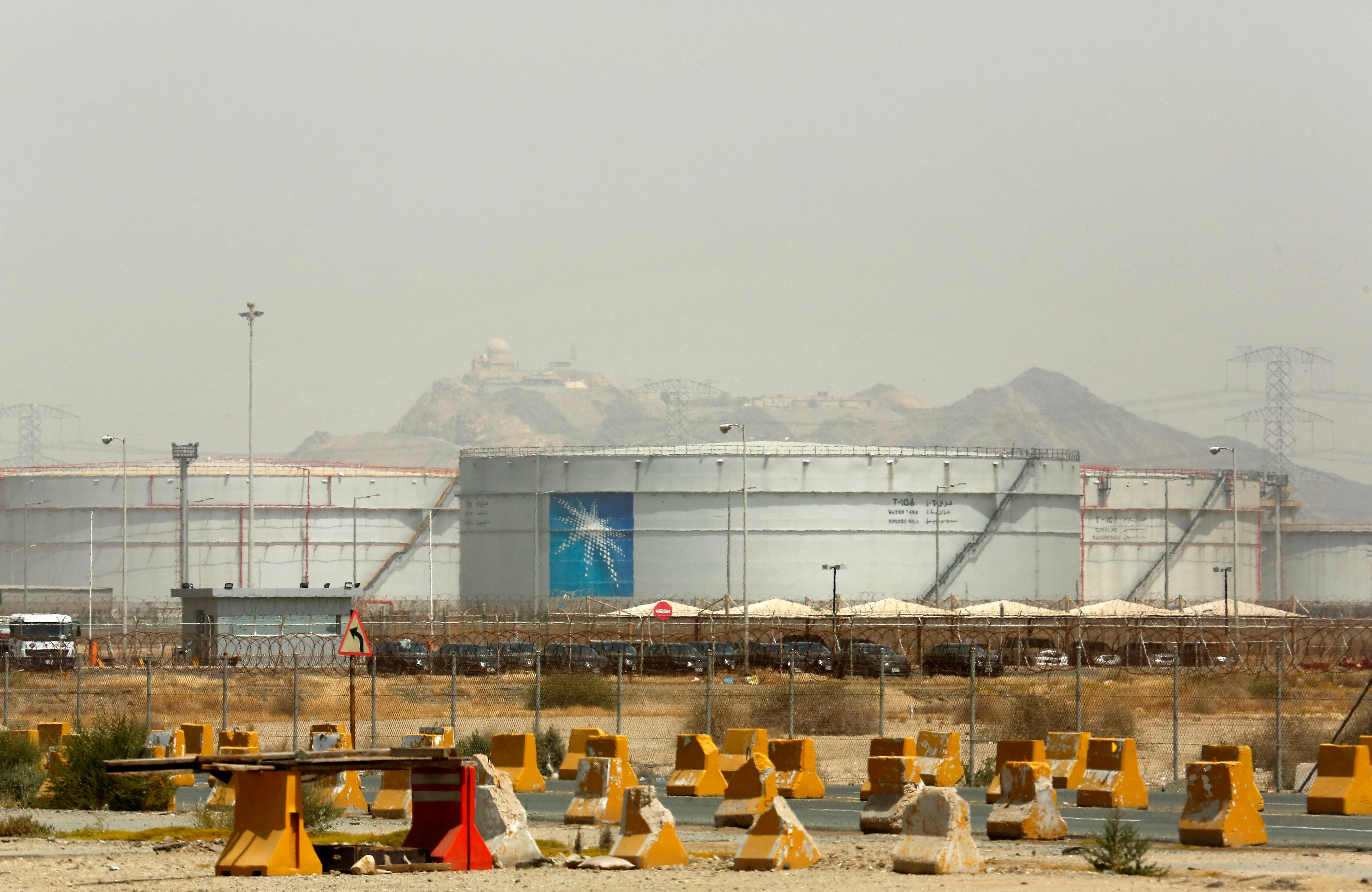Saudi minister urges caution on oil production levels
The oil cartel OPEC and allied countries are meeting to decide production levels that could have an impact on gas prices at the pump

Your support helps us to tell the story
From reproductive rights to climate change to Big Tech, The Independent is on the ground when the story is developing. Whether it's investigating the financials of Elon Musk's pro-Trump PAC or producing our latest documentary, 'The A Word', which shines a light on the American women fighting for reproductive rights, we know how important it is to parse out the facts from the messaging.
At such a critical moment in US history, we need reporters on the ground. Your donation allows us to keep sending journalists to speak to both sides of the story.
The Independent is trusted by Americans across the entire political spectrum. And unlike many other quality news outlets, we choose not to lock Americans out of our reporting and analysis with paywalls. We believe quality journalism should be available to everyone, paid for by those who can afford it.
Your support makes all the difference.Saudi Arabia's energy minister took a cautious view of any increase in oil production as members of the OPEC cartel met Thursday with allied non-member countries to decide production levels.
Speaking ahead of the meeting, Abulaziz bin Salman said the approach taken at the alliance's gathering last month to leave production levels largely unchanged had been correct, given the ongoing uncertainty about the course of the COVID-19 pandemic.
“Unfortunately, we have been proved right by subsequent developments," he said.
The OPEC meeting with non-members — dubbed OPEC Plus — has decided to meet monthly to review the production cuts of just over 7 million barrels per day imposed to restrain the decline in oil prices due to the pandemic recession, which has cut the demand for fuel. On top of that, Saudi Arabia has been keeping 1 million barrels a day off the market as part of voluntary cuts on its own.
Bin Salman said that “until the evidence of recovery is undeniable, we should retain this cautious stance ... the waves are still tall and the seas remain rough.” He singled out the ongoing coronavirus restrictions on activity in Europe which is enduring a new wave of infections amid a slow vaccine rollout.
Oil-producing countries face conflicting pressures. Raising production before the demand is there risks sending prices lower. But lower production levels deprive state budgets of money at a difficult time.
Russia s Deputy Prime Minister Alexander Novak sounded a more optimistic tone, saying “the situation has improved” since the March meeting. Russia has typically pressed for higher production levels in the face of Saudi restraint. One reason is that Russia can balance its state budget at lower oil prices than can the Saudis.
Oil prices rose 1.7% ahead of the meeting to $60.30 per barrel in trading on the New York Mercantile Exchange. Brent crude rose 1.8% to $63.89 per barrel. OPEC's production restraint and ongoing economic recovery has helped prices recover from around $48 per barrel for NYMEX crude at the start of the year.